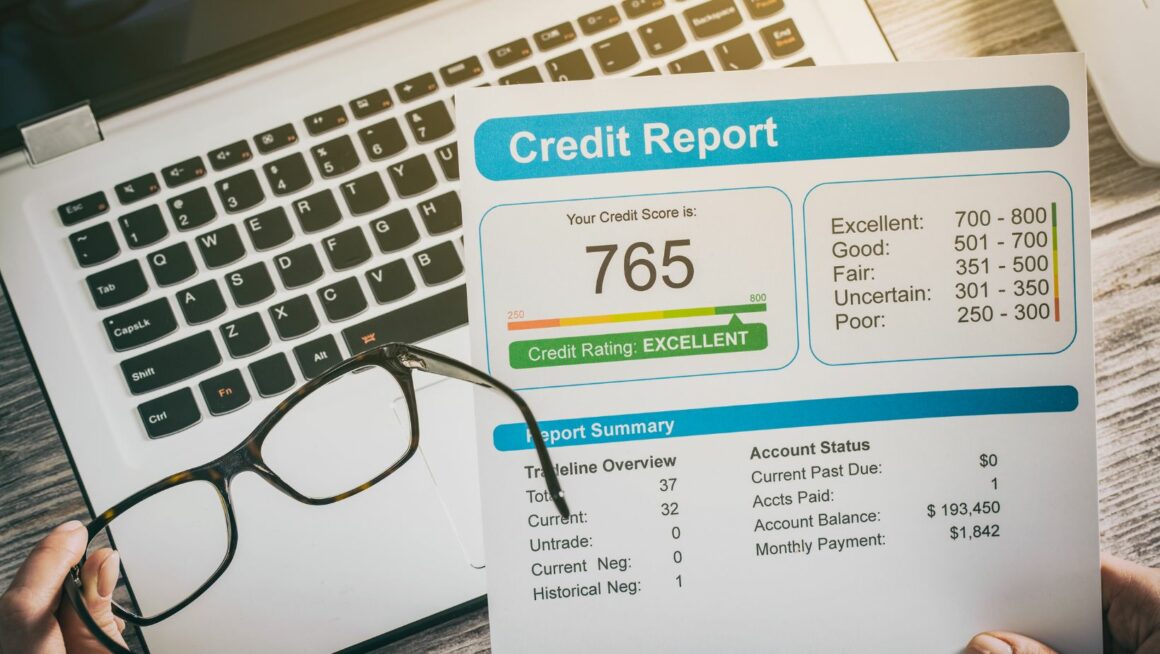Starting a franchise isn’t exactly pocket change. You’ve probably seen those glossy brochures promising low entry fees and “easy” funding. But when you start running the numbers, reality kicks in. Equipment, location, staff, licensing… it adds up fast. So, how do people do it without draining their life savings or taking on a terrifying mountain of debt?
Good news: You’ve got options. And more than you’d think.
Before we get into the practical stuff, here’s the thing — buying into a singapore franchise doesn’t have to mean wiping out your savings. If you’re smart about funding and open to looking at non-traditional paths, you can get started with a lot less stress (and less money) than expected.
First: Know What You’re Paying For
Franchise fees are just one piece of the cost pie. You’ll usually need to budget for initial setup costs, training, inventory, rent (if it’s not home-based), marketing, and a bit of working capital.
A good franchise will give you a ballpark figure up front — but that’s all it is. A ballpark. You’ll want to pad those numbers just in case things cost more or take longer (spoiler: they usually do).
Friends, Family… and a Little Caution
Let’s get this one out of the way: borrowing from friends or family is one of the oldest funding methods out there. It can work — lots of franchisees start this way — but it’s not risk-free. If the business struggles or timelines stretch out, it can create tension.
If you do go this route, treat it like a real loan. Write it down. Agree on terms. Put something in writing so expectations are clear. You’re not just asking for a favor — you’re making a business deal.
Bank Loans: Traditional, but Not Impossible
This is where most people start — the classic bank loan. And yeah, banks can be picky. They’ll want a decent credit score, collateral, a strong business plan, and maybe a bit of experience.
But here’s the upside: banks like franchises more than solo startups because franchises come with a track record. If the brand has a proven model and a history of success, your chances go up.
Try community banks and credit unions first — they’re often more willing to take a chance on local borrowers, especially for well-known franchise brands.
SBA Loans: A Government-Backed Boost
If you’re in the U.S., the Small Business Administration (SBA) has surprisingly helpful loan programs. These aren’t direct loans — they’re guarantees that help make banks more comfortable lending to you.
The SBA 7(a) loan is the most popular. You can borrow up to $5 million, and the repayment terms are more forgiving than a standard business loan. Just be ready for paperwork. Lots of paperwork.
If you’re outside the U.S., check if your country has similar government-backed schemes — many do, and they can be game-changers.
ROBS: Using Retirement Funds (Yes, Really)
Ever heard of a Rollover for Business Startups (ROBS)? Probably not — but it’s a legal way to use retirement savings to fund a business without taking a withdrawal penalty.

You create a C-corp, set up a 401(k), roll your existing retirement funds into that plan, and use them to buy the business.
Sounds weird? It is. But it’s real. Just make sure to work with a provider who knows how to set it up — the IRS doesn’t mess around with these things.
Partnering Up to Share the Load
You don’t have to go it alone. Many franchises are run by two (or more) partners who pool their resources. Maybe one handles day-to-day operations while the other takes a more financial or strategic role.
This setup can help you split costs and risks. Just like with family loans, be clear from day one about who does what, who gets paid what, and how profits (or losses) are shared.
Also, consider getting legal advice before signing anything. A handshake deal might sound nice, but business partnerships are marriages with spreadsheets — and they can get messy without clear rules.
Franchisor Financing (It’s a Thing)
Some franchises offer internal financing or partnerships with lenders who already understand their business model. It’s worth asking about this in the discovery stage.
Even if they don’t fund the whole thing, they might help with the initial fee or equipment costs. And since they want you to succeed (your success = their royalties), they’re sometimes more flexible than traditional banks.
Microloans and Alternative Lenders
Don’t overlook smaller lending sources. Microloans are usually under $50,000 and come from nonprofits or online lenders. They’re easier to get than big bank loans, especially for first-time entrepreneurs.
Rates can be higher, so it’s not free money, but if you just need a little capital to close the gap, these can work well.
Crowdfunding? It can work, but franchises tend to struggle here. Most backers like sexy tech startups, not sandwich shops. Unless your brand has a powerful story or community appeal, manage your expectations.
Don’t Forget About Grants (Yes, Free Money)
Grants are rare for franchise businesses, but they do exist, especially if you’re in a specific demographic (veteran, woman, minority, etc.) or your business supports local employment.
It’ll take some digging and patience, but even a small grant can ease the financial pressure. Just be cautious of scams — no one should ask you to pay to apply for a grant.
Here’s a tip: if you’re juggling work while doing all this research, some useful online resources can help you organize the info without losing your mind.
One example? This language training center has tools and programs that can help you build skills while keeping things flexible. Not funding, per se — but still worth a look if you want to level up in the meantime.
Wrap-Up: Be Smart, Not Just Brave
Starting a franchise is a leap, no question. But it doesn’t have to be a blind one.
Get honest about your finances. Ask hard questions. And don’t assume there’s only one “right” way to get funded. The best approach usually combines a few methods — a small loan here, some savings there, maybe a partner to balance things out.
Above all, don’t rush. Take the time to research, compare, and plan. A good franchise should be built to last, so make sure your financing is too.



